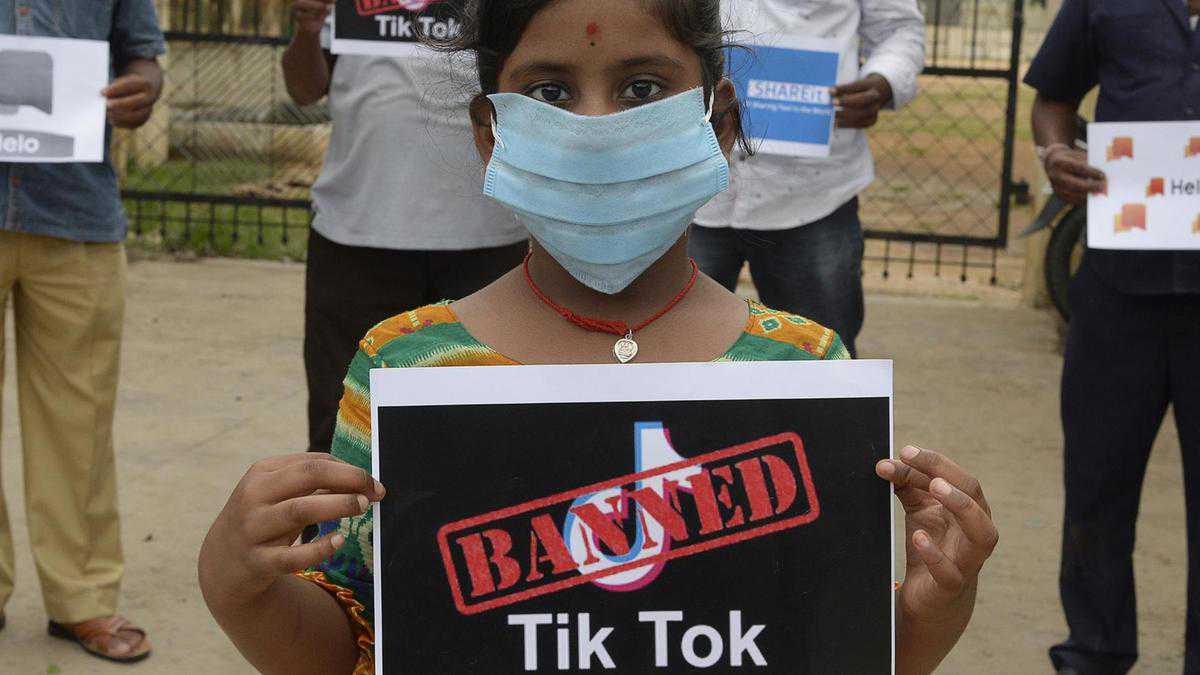Amid TikTok ban India's short video applications rush to fill void
27 December, 2020

April was possibly the toughest time in modern Indian history when the nation of just one 1.3 billion people was amid among the world's strictest lockdowns. Then co-founders of short video app Mitron decided to launch their venture.
While Asia's third-largest market found a grinding halt as businesses shuttered over the the country, it had been an opportune period for an iphone app like Mitron, which gave millions of people a chance to get some good semblance of normality as users created and shared clips.
It is a fast growing, but fiercely competitive market in India and more fortune came Mitron's way found in June when its biggest competition was suddenly eliminated.
The market innovator in the short video space, TikTok, was banned by the Indian government along with a host of different Chinese apps amid a flare up in a border row between your two countries.
Since its start, Mitron has had some 40 million downloads.
“Since the pandemic, we have seen a lot of individuals sharing a whole lot of video content,” says Shivank Agarwal, the co-founder of Mitron. “With the TikTok ban we got a sudden surge [as well]”.
But even prior to the pandemic-driven surge in the level of popularity of video posting apps, broader industry styles were already indicating expansion of such platforms in India.
Two of the largest indicators are: the rise in the possession of smartphones and net use found in India, boosted by the availability of cheaper handsets and a drop in data rates due to strong competition between telecommunications businesses.
The number of internet surfers in India is projected to improve to 970 million from 600 million over another five years, according to a RedSeer Consulting report this month.
Boosted by the number of users, that expects the short video market to surge 4 times over the same period regarding total time spent on these platforms, achieving 400 billion to 450 billion minutes a month from 110 billion minutes currently.
Appetite for entertainment found in the united states is rapidly expanding “with the rise found in the young millennial inhabitants and digital penetration”, says Anil Kumar, the founder and leader of RedSeer.
“The rise in this content apps within the last 3 to 4 years, with many of them centered on localised content, is proof of the strong dependence on entertainment available in the market”.
He says that short-form video content “has emerged as a good breakout category, supplying light and instant fun entertainment, and saw good growth before ban on Chinese apps”.
As the ban on TikTok has taken off a major way to obtain competition for rival Indian apps, up to now only 40 % of the Chinese platform's industry has been captured by Indian rivals, according to RedSeer's research.
A survey simply by the consultancy reveals that a few of TikTok's users have already been unwilling to move to other systems, citing factors including a lack of quality content and fewer posts.
The popularity of the Chinese app in India was simply enormous. This past year, TikTok was India's just about all downloaded app, with 323 million downloads, regarding to RedSeer. Of TikTok's 1.5 billion downloads globally, until this past year, almost 1 / 3 were from India.
TikTok had a 90 % share of the marketplace found in India before it was banned. Users in the country spent 165 billion minutes a month on short video applications in June, which dropped to 80 billion a few minutes in October once TikTok was from the picture. Indian corporations made up 67 % of the market in October, while global companies incorporating Facebook and YouTube accounted for the rest of the sector.
The largest homegrown TikTok rival programs in India are Dailyhunt’s Josh, MX Takatak, owned by Times Internet, and InMobi’s Roposo.
A short video iphone app launched this past year, Bolo Indya, says the impact of the TikTok ban on its expansion was "incredible".
“We were growing at [about] 20 to 25 % month-on-month prior to the TikTok ban, and 200 % soon after it and 150 % [every month] currently,” says Varun Saxena, the co-founder and chief executive of Bolo Indya.
Source:
TAG(s):
